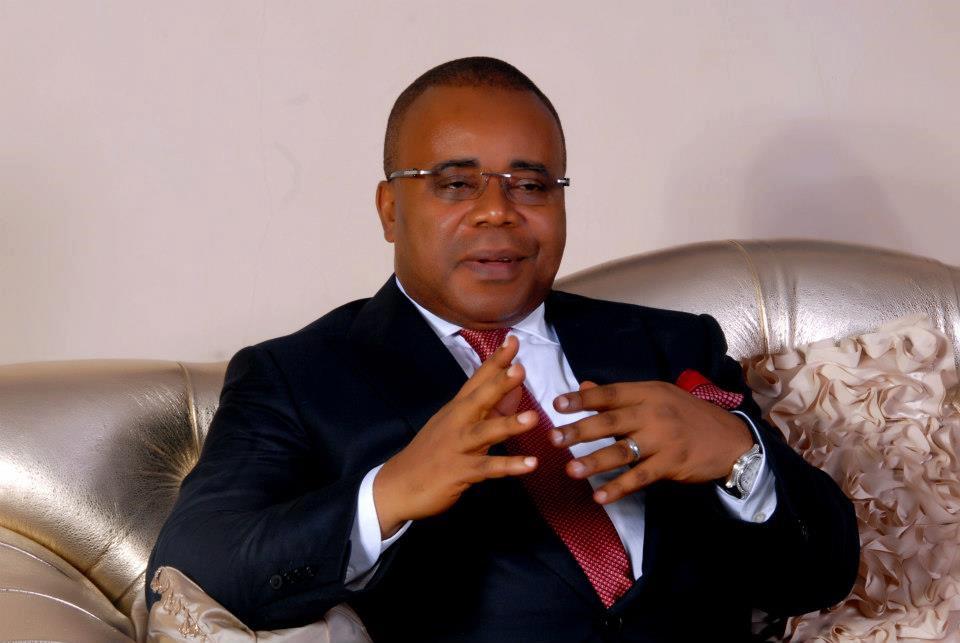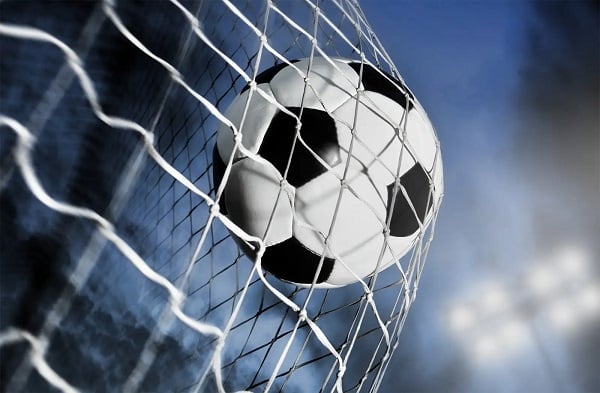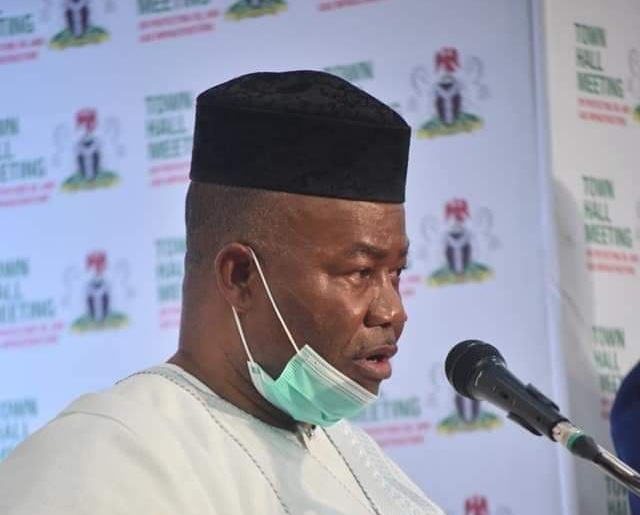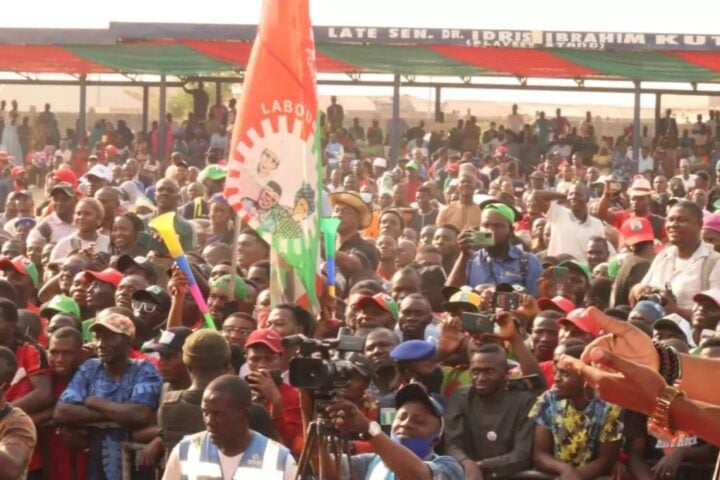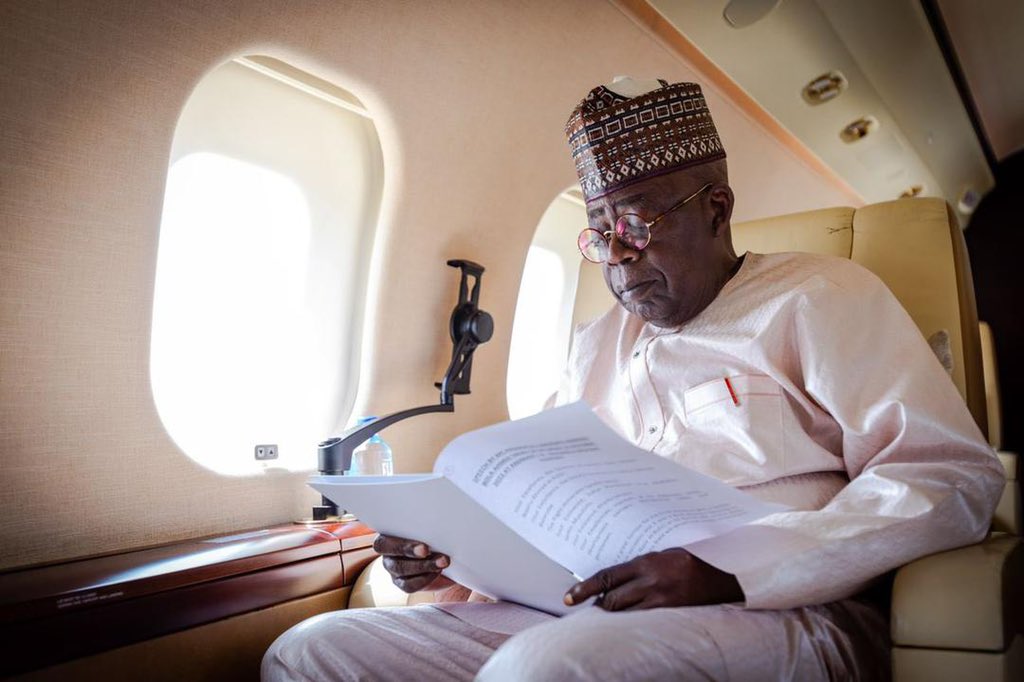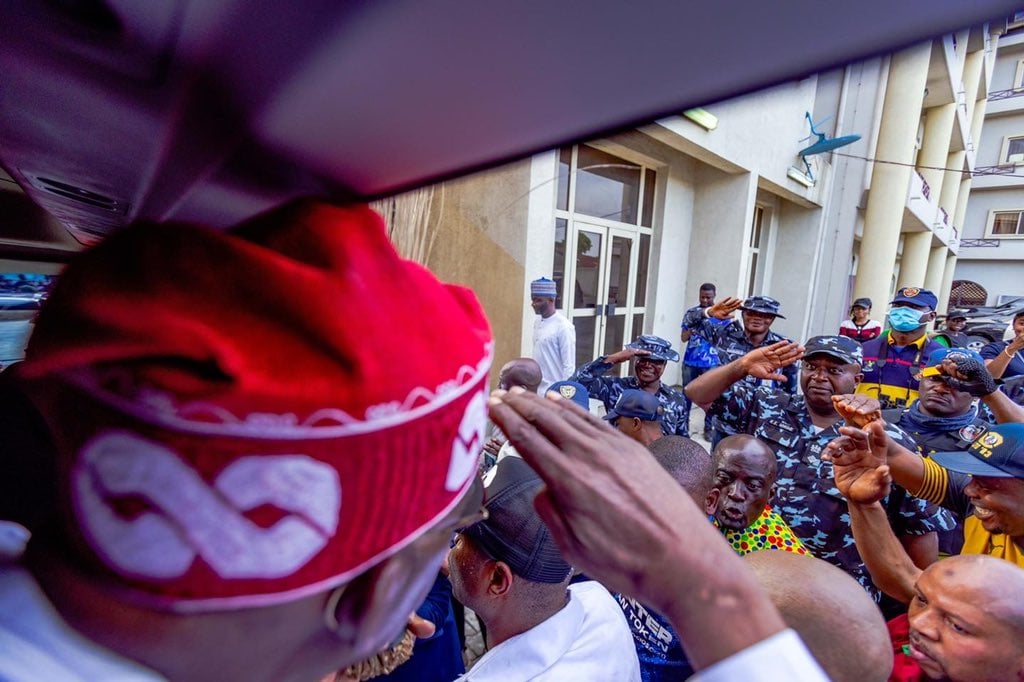By Charles Ihejirika
Before it gained political independence from Great Britain, Nigeria was projected to be politically relevant and economically prominent, given its abundant human, natural, and material resources. At inception, it was already doing better than most countries on the same pedestal, including those that currently make the exclusive list of BRICS and those that sit on the prestigious club of G-20.
But no sooner had the nation settled down to the nitty-gritty of nation-building than its leaders started rocking to the alluring rhythm of Danse Macabre. Subsequently, the envisaged ‘giant of Africa’ never emerged. What emerged is a picture of the memorable description in Thomas Hobbes’ Leviathan, where life is “solitary, poor, nasty, brutish, and short.”
Nigeria has been pathetically punching far below its weight on other indices of development. For example, in 1960, Nigeria’s GDP was $4,47B compared to Indonesia’s $4,82B; Nigeria’s GDP per capita was about $97 compared to Indonesia’s $50. However, the 2021 data put Nigeria’s GDP at $441B, while Indonesia’s was a whopping $ 1,186.09 B. The scenario was replicated in GPD per capita, where Nigeria stood at $2,085, while Indonesia outstripped with more than 100 per cent to stand at $4,282.
Reasons for Failure
Reasons as many as its ethnic groups have been advanced for Nigeria’s woeful performance in all departments. Some of these points can be described as banal and obfuscating, while others present a beautiful art of illumination. But no matter how poor or superior the arguments are, they can be addressed under three groups:
1. Malfeasance-This is where Nigeria’s political and military leaders initiate, perform, and perpetuate illegal or wrongful official acts. The conversion of a nation’s resources is a good example.
2. Misfeasance-This is where political office holders initiate, perform, and perpetuate lawful or legal acts improperly. Appointing incompetent cronies into sensitive offices falls under this group.
3. Nonfeasance-Here, Nigerian political leaders fail to perform legally assigned duties and responsibilities. Failure to protect lives and properties comes to mind.
A Renewed Hope
It was wobbling and fumbling for Nigeria from the first republic to the numerous military interregna to the fourth republic. As it returned to another civilian administration in 1999, there was a palpable ray of hope and renewed vigour to remake the county. The second arrival of Olusegun Obasanjo was interpreted to mean the release of a soothing balm to the sick body politic. However, it was a clearly misplaced hope as he achieved little for the eight years he was in the saddle. The over $16B spent to provide constant power produced more darkness; the well-intentioned EFCC became an attack dog that found its teeth with political opponents; unarmed civilians of Odi and Zaki-Biam were mowed down in their hundreds. Finally, the illegal third-term gambit consumed the meagre goodwill he acquired while the initial romance lasted.
The Last Straw
Of all the armies that fought, of all the pandemics that killed, and of all the thieves that robbed, none has the degree of devastation closely comparable to the death and doom that Buhari’s administration has visited Nigeria. He is charged with having changed the universal definition of democracy to “government that pretends to be of the people, by one ethnic group, for the sole benefit of the ethnic group.”
Buhari is accused of promoting cronyism and nepotism to statecraft. He is said to have shielded terrorists, empowered bandits, emboldened killer-herdsmen, embraced treasury looters, pardoned convicted economic criminals, killed unarmed protesters, closed universities, and made Nigeria the poverty capital of the world.
In fact, anything that could go wrong has gone axiomatically south. The National Bureau of Statistics (NBS) needs more space to record the rate of unemployment, out-of-school children, and infant mortality. Functional infrastructures have been allowed to decay while new substandard ones are built at highly over-priced rates.
Advertisement
Leading Contenders
Among the presidential aspirants jostling to lead Nigeria to turn the next chapter of its political and economic book, three are considered front runners:
Bola Tinubu (APC)-He is a political tactician who returned from political exile in the US to take over the political machinery of Lagos state. From his hallowed chambers in Alausa, he successfully plotted to overrun the political landscape of the South West.
He does not hesitate to tell anyone that it’s his turn to be crowned president. But his past has come to hunt him. And his handlers appear to be caught flat-footed when concerned citizens raise the opaque nature of his antecedent. His source of wealth is another area mired in controversy. His past run-ins with the law in Chicago with charges that border on drug trafficking is said to be a distraction that refuses to go away. His opponents have raised the issue of his failing health, frail personality, and occasional slips as evidence that he is older than he is prepared to admit and, therefore, not fit to handle the demanding office.
If Bola Tinubu wins, he is expected to employ his natural knack for sourcing great talents and trained hands to get Nigeria out of the woods. Despite all odds against the ebullient Asiwaju, he stands the best chance of winning the election if the presidency throws its full weight behind him. In Nigeria, any politician that discounts the power of incumbency does that at his electoral peril.
Atiku Abubakar (PDP)-The super-rich Waziri rose from the ranks to become Deputy Director of Nigerian Customs. He left the Customs of a wealthy man to set up businesses, including NICOTES, which was later renamed Intel, and the American University of Nigeria, which employs hundreds of people, including his 31 adult children.
When President Obasanjo chose him as his running mate, he thought he picked a level-headed deputy. But it was said that no sooner had he taken his oath of office than he started the plot to unseat the president. When he was not meeting his spiritual marabouts to perfect his replacement plans, he was busy grabbing and selling Nigeria’s critical assets to himself.
After he left office, he relocated to UAE. He embarks on a political pilgrimage to Nigeria every four years to “buy” the presidential nomination. Southerners have accused him of deploying his enormous resources to kill the power-sharing pact between the North and South.
If Abubakar prevails, he may invite his numerous foreign friends, incredibly wealthy Emiratis, to lend him hands and heads to redirect Nigeria.
Peter Obi (LP)-He was the governor of the non-oil-producing Anambra state. He endeared himself to the masses and was alienated by the rich and powerful, who saw him as an aberration in a clime where officeholders stole and stashed public funds.
Obi has made it a personal anthem that he had ample opportunities to steal public funds but made a conscious decision to decline. It was reported that he never owed salaries, paid all contractors, honoured pensioners with regular payments, made rewarding investments, and handed over billions of Naira. According to analysts, it’s fresh air to see a man capable of drawing the line between public and private money.
Obi did not succumb to the temptation of apportioning a large chunk of the state’s resources as retirement benefits to distinguish himself further. Close friends testify that he lives a disciplined and austere life even as a hard-working billionaire.
His entry into the presidential race has taken the country’s political firmament by storm and produced a tsunami of followership known as the “Obidient Movement.” If Obi hits the bull’s eye, he has promised to move Nigeria from consumption to production. It has been said that despite Obi’s acceptance by sections of the electorate, he might not win the election. Analysts point to the paradox in Nigeria, where a majority vote for their oppressors for a miserable “stomach infrastructure.”
Advertisement
The Nature of February 25 Polls
It’s safe to opine that no matter who wins the February 25 presidential election, Nigeria appears finally set to wake up from the “sleep of death” that has overtaken it since the first republic. Arguably, it’s not that politicians will voluntarily do what they are elected to do or that citizens will freely hold them to account for their stewardship. It’s hinged on the fact that prevailing political and economic climates have produced conditions that should force both the leaders and the led to do their respective parts or face annihilation.
For all the negative scores against Buhari’s government, it succeeded in some important areas: It galvanized the “lazy Youths” to rise to the occasion and enlightened the indigenous population that elections have consequences. It’s well accepted by every segment that is actively participating in, and protecting February 25 election, is the best opportunity to change course.
In past presidential elections, voter registration has remained low while voter apathy was the norm. Consequently, voter turnout has not exceeded 40 per cent. However, the recent voter registration appears to provide a window into the shape voter turnout will take this dispensation.
Recent reports from INEC indicate that almost 10 million new voters registered, and about 80 per cent of this figure comprises people from age 18-35, signalling that the youths may have found their voice. The introduction of an improved voting system (Bimodal Voter Registration System, BVAS) has convinced this group that their votes will count.
It’s widely speculated that this younger generation, having witnessed the frontal squandering of their future by rampaging politicians, is set to deliver a stinging rebuke with their PVCs. It may not be misplaced to expect more since this group has demonstrated the capacity to organize, has a robust knowledge of modern technology, coordinates with the Diaspora community, and cuts the picture of electrified victims prepared to punish their thieving taskmasters. It’s left to be seen if the youths will walk their talk.
However, from my analyst’s point of view, if Nigerian voters, especially the youths, expect the presidential election of February 25 to rain without taking complete ownership of its operation, it may end up being a mere drizzle instead of a heavy downpour.
Dr. Charles Ihejirika is the Lead Director of Daccade Law and Policy Inc., New York. He can be reached at [email protected].
Add a comment
